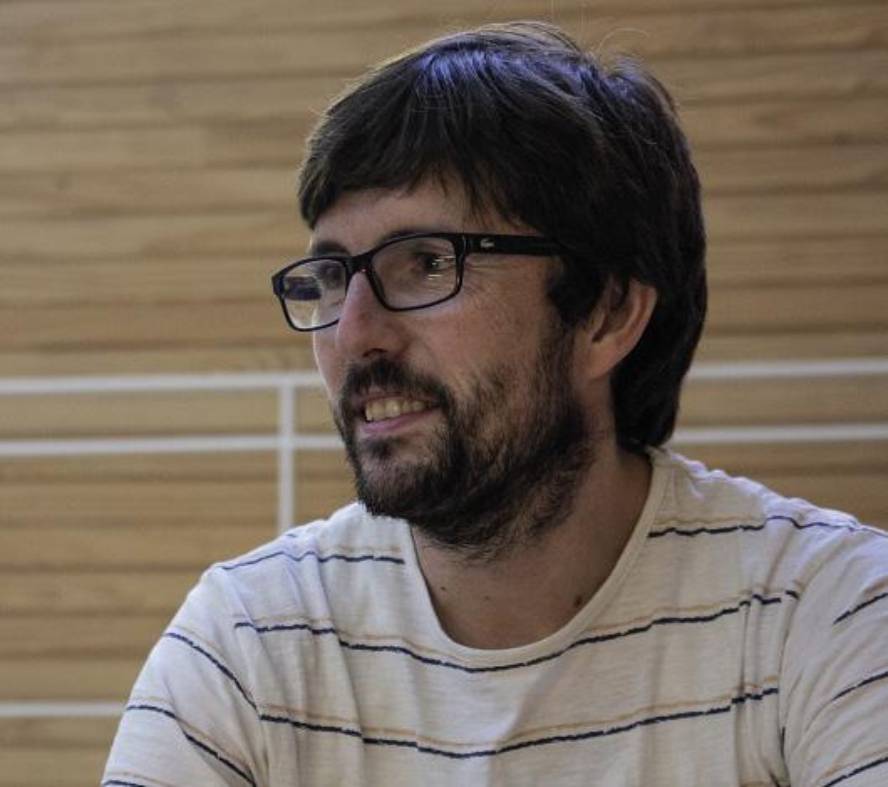“The teacher who infected us with the passion for science has influenced me a lot”
I have completed my entire career at university, and on that path the person who aroused my passion for research and science has been indispensable: Enrique Etxebarria Orella. He was a professor of physiology in the bachelor's degree. He was a very close person and also around him I met a lot of young Basque researchers.
It is noteworthy the attitude of Enrique, without knowing Basque, to carry out his theses in Basque; he always helped. Therefore, this was what most influenced me: on the one hand, Enrique infected us with his passion for science —as Mari Luz Esteban, who made “erotic” science, says—; and on the other hand, in those times when the theses were not yet performed in Basque, and although our laboratory chief was Castilian, among us we did it in Basque.
It was a very nice group, including Itziar Txurruka Ortega, and Enrique invented a story about the mechanism of regulation of brain appetite. Zucker was investigating with rats, so to speak, with mutant rats with Hommer Simpson syndrome, and each neuropeptide was a comic character. I, for example, researched endocannabinoid receptors, and buffoons were endocannabinoids. There was king, queen… It was very attractive.
I now work on drug development, and I would like to have other policies, especially with the millions of people who cannot or do not have access to medicines. This is a great revolution or change for the countries with power (those we have), and on the way less revolutions can be made. For example, when you, or a small business, get a patent, you can do something to make it available to everyone. But, above all, big companies should, and other policies are necessary.
On the other hand, we have placed special emphasis on the development of drugs in rare diseases. In my surroundings there is a family of Mungia with coroiredemia. It is a monogenetic disease that produces a type of retinosis. My compatriot is the father of children with illness and I know the association, and it is incredible the respect and admiration with which researchers treat us. Even if it is not the treatment, it would be special for me to improve their living conditions.






